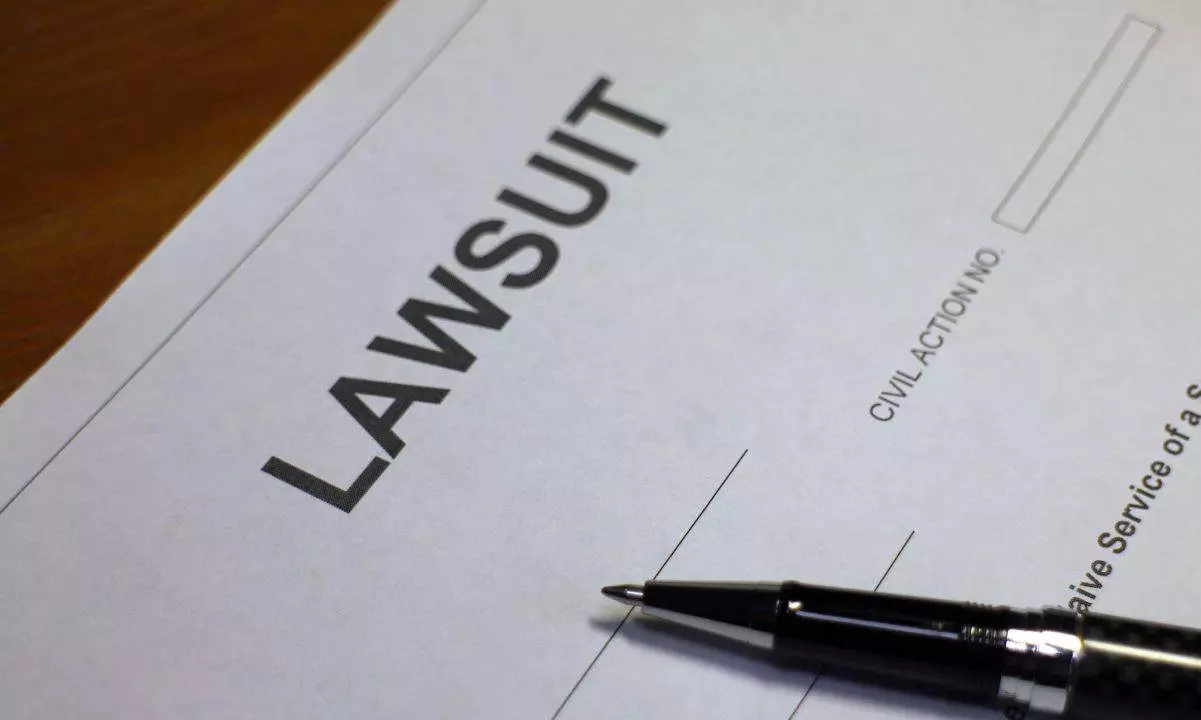In the rapidly evolving world of cryptocurrency, the actions of two distinguished law firms—Burwick Law and Wolf Popper LLP—have illuminated the precarious intersection between intellectual property rights and digital asset creation. These firms have taken a decisive stand against the growing trend of meme coin platforms, specifically targeting Solana-based entity PumpFun. Their recent cease-and-desist letter demands the immediate removal of the Dogshit2 token and associated currencies that they claim misuse the firms’ intellectual property. This situation raises significant questions about accountability in the blockchain space, the implications for investors, and the role of regulatory oversight.
Claims of Misrepresentation and Fraud
The legal correspondence from Burwick Law and Wolf Popper LLP outlines serious allegations against PumpFun, asserting that the platform has improperly connected its tokens with the firms’ brands. This misrepresentation not only endangers the reputations of the law firms but also potentially misleads investors, who may incorrectly interpret the affiliation as legitimate. In a clear statement of their position, both firms have reiterated that they do not endorse or own any part of the Dogshit2 token, distancing themselves from what they label a fraudulent operation. Such clarity is crucial in a landscape that thrives on confusion and impulsiveness.
Burwick Law has expressed heightened concerns regarding the financial ramifications that come with the continued existence of these tokens on the market. By failing to act promptly in removing these unauthorized tokens, PumpFun not only places itself at risk of legal repercussions but also exposes its users to potential financial losses. The firm articulates this risk, emphasizing that ignorance or inaction could lead to severe consequences for both the platform and unsuspecting investors. The potential of a pump-and-dump scheme surrounding the Dogshit2 token, coupled with aggressive promotional tactics, paints a troubling picture for individual investors engaging with such assets without adequate knowledge.
The Broader Implications for Blockchain Technology
The actions taken by Burwick Law and Wolf Popper LLP hint at a larger narrative involving the ethical and legal use of blockchain technology. The law firms go a step further, claiming that the emergence of tokens meant to impersonate plaintiffs in ongoing legal cases represents a perversion of blockchain’s intended purpose. They argue that these actions serve to disrupt and intimidate those involved in legal litigation, fundamentally challenging the integrity of judicial processes. Such developments could impede the fair application of justice, where blockchain was initially anticipated to enhance transparency and accountability.
In the face of aggressively marketed assets like Dogshit2, Burwick Law and Wolf Popper LLP are rightfully urging potential investors to exhibit extreme caution. The mention of a high-risk scheme—coupled with the potential for significant financial loss—serves as a stark warning for those enticed by the allure of quick gains in the volatile crypto market. The legal firms advocate for due diligence: understanding the legitimacy of the tokens and assessing the risks involved before investing. This recommendation is especially critical in a market filled with rapid speculative trading and misleading claims.
Max Burwick, the founder of Burwick Law, has drawn attention to the ways in which platforms like PumpFun resemble multi-level marketing scams, morphing and adapting to exploit human vulnerabilities. In his critique, Burwick highlights the troubling nature of businesses that capitalize on increasing dependence on the digital economy, a trend likely to expand as technology continues to advance. His insights remind us that the responsibility for informed decision-making extends beyond investors, calling into question the practices and ethics of platforms facilitating such transactions.
As legal proceedings unfold following the class-action lawsuits initiated by Burwick Law and Wolf Popper LLP against Baton Corporation, a critical moment for accountability in the crypto industry emerges. The challenges posed by unauthorized token usage and the potential for widespread investor deception necessitate a collective response. The actions of these law firms could serve as a catalyst for more stringent regulatory frameworks, fostering a safer environment for innovation and investment in blockchain technologies. As the dust settles, both the legal firms and conscientious investors will emerge with valuable lessons learned from this cautionary tale in the world of meme coins and cryptocurrencies.
















Leave a Reply